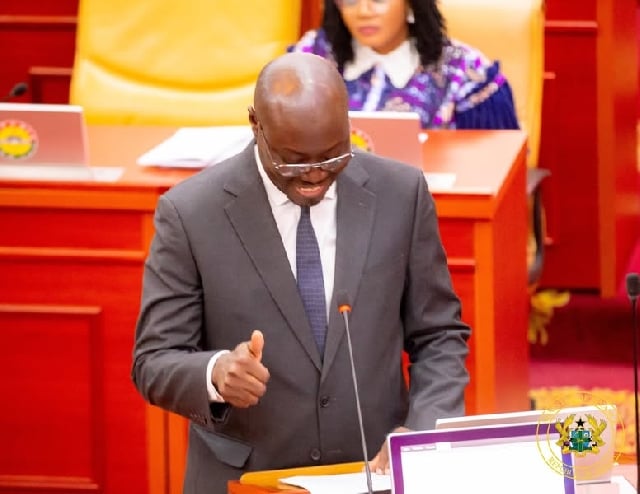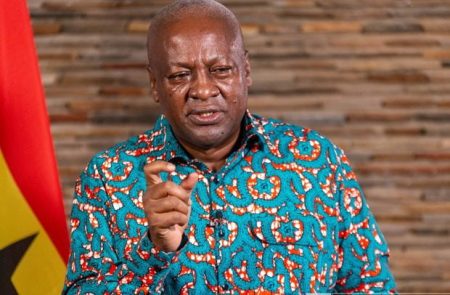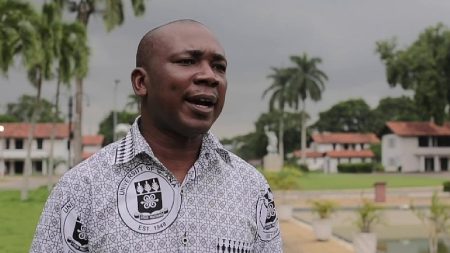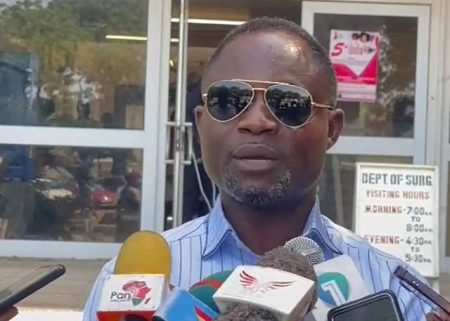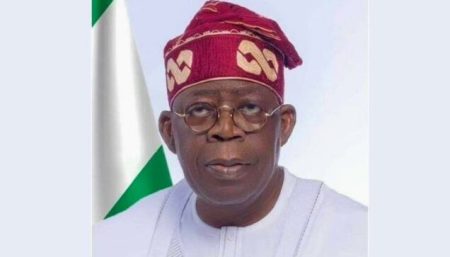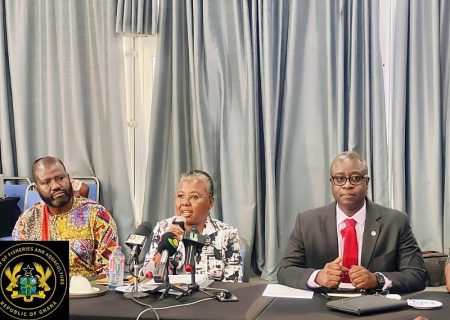Ghana’s energy sector is teetering on the brink of collapse, burdened by a staggering $3.1 billion debt as of March 2025. This dire financial situation, revealed by Finance Minister Dr. Cassiel Ato Forson in a parliamentary address, encompasses unpaid dues to Independent Power Producers (IPPs), state-owned energy companies, and fuel suppliers. Adding to this burden is a further $632 million required to replenish financial guarantees drawn upon by international institutions like the World Bank, which have been instrumental in preventing the sector’s complete downfall. The total financial requirement to stabilize the sector and provide a clean financial slate, allowing for reliable and sustainable electricity provision, is estimated at a minimum of $3.7 billion. The minister’s report paints a grim picture of a sector grappling with deep-seated financial challenges and requiring immediate and decisive intervention to avert a complete breakdown.
A key factor contributing to this crisis is Ghana’s overreliance on thermal power generation. This dependence has created persistent revenue deficits, stemming from the exclusion of liquid fuel costs, a major component of thermal power production, from current electricity tariffs. This omission has left a significant gap in the sector’s finances, contributing to the mounting debt. The current tariff structure fails to reflect the true cost of electricity generation, leading to a continuous financial drain on the sector. This unsustainable model has pushed the energy sector to a critical juncture, demanding urgent reforms to address the underlying structural issues.
To tackle the immediate financial pressures, the government is planning adjustments to the export prices of petroleum products, including diesel and petrol. This measure is intended to generate additional revenue to help alleviate the sector’s financial strain. The Finance Minister assured the public that these adjustments would not translate into increased domestic fuel prices. He emphasized that the recent strengthening of the Ghanaian Cedi provides a buffer against potential price hikes in the domestic market, absorbing the impact of these export price changes. The government’s strategy aims to balance the need for increased revenue with the imperative to protect consumers from escalating fuel costs.
The Finance Minister stressed the urgency of the situation, warning that without immediate corrective action, the energy sector faces imminent collapse. He emphasized the government’s commitment to implementing urgent reforms to restore financial stability and ensure a reliable power supply for all citizens. These reforms will likely involve a combination of revenue-generating measures, cost-cutting initiatives, and structural adjustments to address the underlying causes of the sector’s financial woes. The success of these interventions will be crucial in determining the future of Ghana’s energy landscape.
The government’s plan to address the energy sector crisis represents a race against time to prevent further deterioration and safeguard the country’s power infrastructure. The magnitude of the financial challenges underscores the need for a comprehensive and sustainable approach to reform. Beyond immediate financial interventions, long-term solutions must address the structural issues, including the overdependence on thermal power and the misalignment between electricity tariffs and the true cost of generation. The government faces the complex task of balancing immediate financial needs with the long-term goal of creating a resilient and sustainable energy sector.
Dr. Forson’s stark warning highlights the precarious state of Ghana’s energy sector and the critical need for decisive action. The government’s proposed interventions, including adjustments to petroleum export prices, represent initial steps towards addressing the immediate financial crisis. However, the long-term viability of the sector hinges on implementing comprehensive reforms that tackle the underlying structural issues. These reforms must focus on diversifying the energy mix, optimizing operational efficiency, and ensuring that electricity tariffs accurately reflect the cost of generation. The success of these efforts will determine whether Ghana can secure a stable and sustainable energy future for its citizens.





